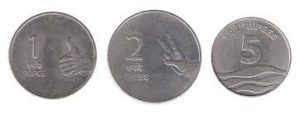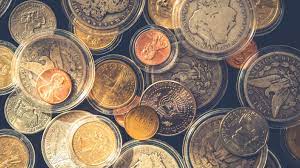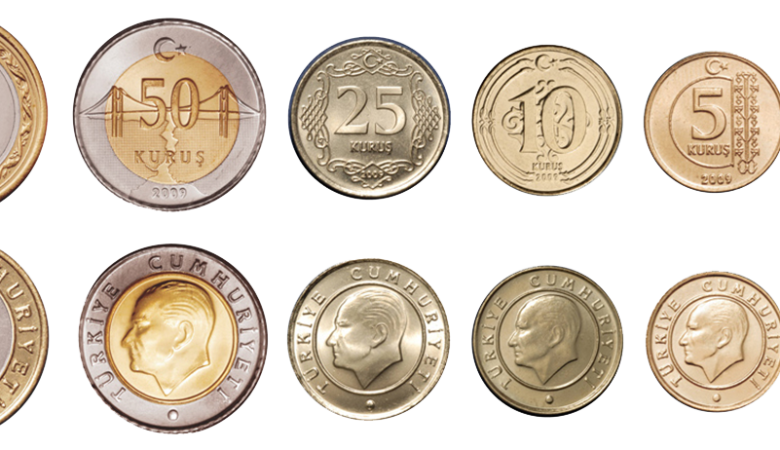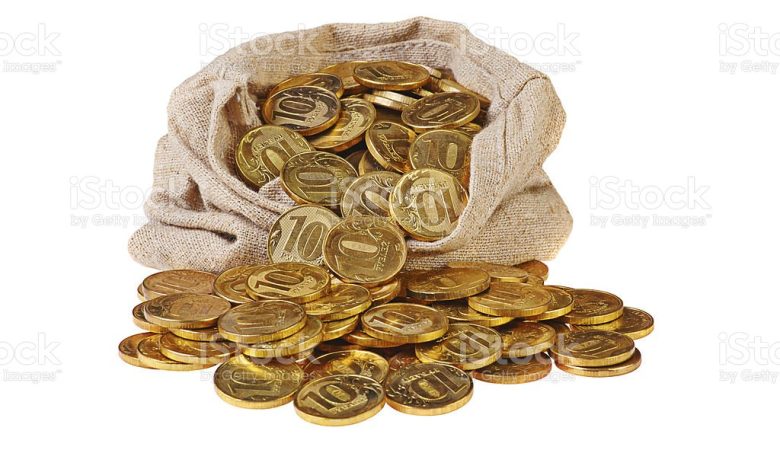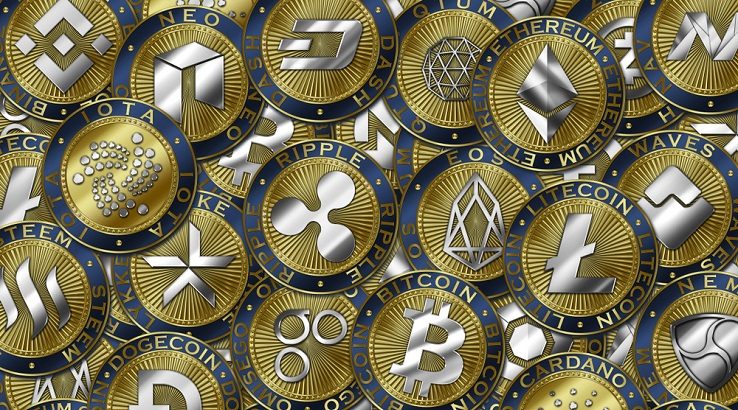Coins play a vital role in modern economies and have several important functions and benefits:
Medium of Exchange: Coins are a commonly used method of payment for regular transactions. They make the trade of goods and services easier by offering a practical and widely accepted form of payment.
Portability: Coins are convenient to carry in pockets or wallets since they are small and light. Because of its mobility, customers may make minor purchases without requiring bigger denominations, such as banknotes.
Durability: Coins are composed of resilient materials that are resistant to deterioration, including metal alloys. Compared to paper money, they last longer, so they don’t need to be replaced as often.
Fractional Units: Because coins are available in a variety of denominations, it is simple to split huge sums into smaller, more manageable quantities. This adaptability is especially helpful when handling minor transactions and changing money.
Physical Representation of Value: Coins offer a concrete and material depiction of monetary worth. People can quickly determine the worth of their cash because to this tactile and visual component.
Easy Authentication: Coins frequently have distinctive patterns, engravings, or marks that make authenticating them rather simple. This aids in the prevention of fraud and counterfeiting.
Cultural and Historical Significance: Coins frequently have designs, symbols, or inscriptions that represent the values, history, and culture of a particular nation or area. They are both a source of cultural identity and historical relics.
Collector’s Items: Coin collecting is a popular pastime and financial strategy. Coins that are rare or historical can fetch high prices in the numismatic market.
Microtransactions: When making microtransactions like paying for parking, refreshments, or public transit fees, coins come in handy. They are a useful way to pay for modest, regular costs.
Accessibility: For people who might not have access to digital or electronic payment options, coins are indispensable. They guarantee that individuals can still engage in the economy even if they don’t have cellphones or bank accounts.
National Sovereignty: Typically, a nation’s government or central authority issues and oversees the regulation of coins. They serve as a reflection of the monetary policies and currency management of a country.
Financial Inclusion: By giving those without access to formal banking institutions a way to make transactions, coins support financial inclusion.
All things considered, coins are a crucial component of the monetary system, making daily transactions easier, protecting value, and enhancing the stability and effectiveness of economies. Coins continue to play an important part in the global economy even if digital payment methods are becoming more and more common.

What is coin in history?
Coins have a long and illustrious history that dates back thousands of years. They have been important for trade, commerce, and the growth of economies. Here is a quick summary of coinage throughout history:
Ancient Origins: Coins have been used as money for a very long time. Ancient China, India, and Lydia (in modern-day Turkey) were among the civilizations where some of the oldest coins first emerged around the 7th century BCE. The majority of these early coins were struck from precious metals, such as gold and silver, and bore signs or symbols to verify their validity.
Standardized Currency: Coins offered a uniform form of money that improved the effectiveness of trade and business. They made business transactions easier since they were widely recognized and acknowledged.
Spread of Coinage: Over time, the idea of currency expanded around the world, with several locales creating their own monetary systems. For example, ancient Greece, Rome, and Persia all had their own coinage.
Medieval and Renaissance Europe: In Europe during the Middle Ages and the Renaissance, coinage was very important. Coins from many kingdoms and city-states were produced; they frequently included images of monarchs and other emblems of power. Coins reflected the political and cultural context of their era, supported local economies, and facilitated commerce.
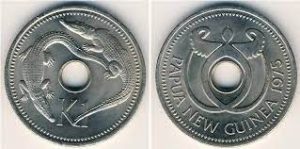
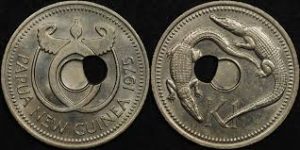
Coins have changed over time to reflect the varying requirements and technological advancements of various civilizations. They have also offered insightful information on the economy, history, and culture of the areas that produced them. Even with the growing popularity of digital payment methods, coins remain a vital component of monetary systems worldwide.
Thanks.
